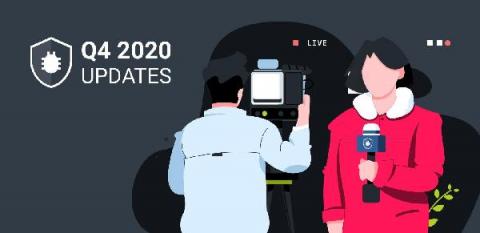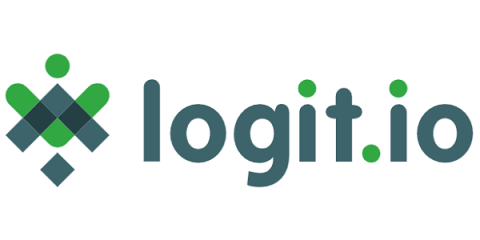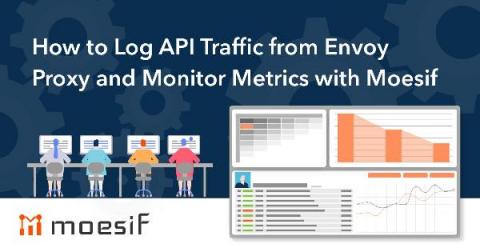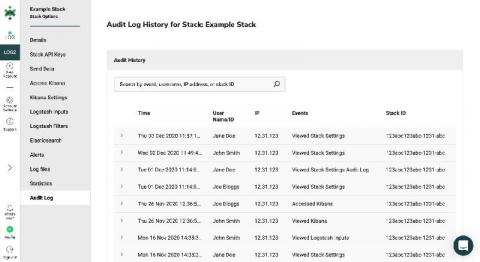Updates from Bugfender Q4, 2020
Welcome to the Bugfender winter newsletter! We hope you had a great Christmas and new year. This quarter we’re bringing you a lot of insightful information on our blog. Take a good cup of coffee and find our latest recommended articles below. But first, let’s kick-off with the latest updates as we do on every quarterly newsletter: We hope you find all these updates useful!








